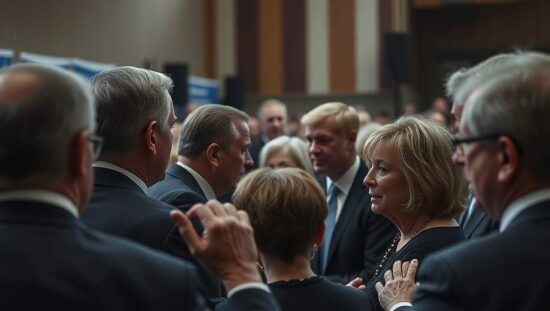The simmering tensions surrounding Germany’s pension reform debate have resurfaced, with Bavarian CSU leader Markus Söder publicly backing CDU leader Friedrich Merz and implicitly criticizing the SPD’s recent approach. Speaking at the Young Union’s national assembly in Rust, Söder made it clear he would not join any effort to undermine Merz’s position, a notable show of solidarity amidst growing dissent within the governing coalition.
Söder’s statement highlighted the delicate balancing act required to maintain coalition unity, particularly as the SPD’s perceived weakening influence intensifies the pressure surrounding proposed pension adjustments. The remarks represent a strategic maneuver, signaling a clear message to the SPD: resistance to the CDU’s reform plans risks destabilizing the government.
While acknowledging the concerns voiced by the Young Union – a key voice within the CDU’s ranks – Söder emphasized the need to consider their arguments constructively. The Young Union has been vocal in advocating for alternative solutions to the pension dilemma, pushing for a more comprehensive review of the system and challenging the perceived bluntness of the current proposals. Söder’s comment that a “pure SPD veto from the sidelines” is untenable suggests an attempt to bridge the gap between the reform-minded CDU-CSU and the more cautious SPD.
Contrastingly, Söder’s address was met with resounding applause from the Young Union, a stark difference from the muted reception Friedrich Merz received during his speech the previous day. This standing ovation underscores a growing disconnect between the conservative establishment and its rising generation, indicating a potential shift in power dynamics within the CDU itself. The incident also raises questions about the level of support Merz commands within his own party, particularly as debates surrounding pension reform and broader economic policy continue to divide the coalition. The episode, therefore, exposes a crucial fault line within the German political landscape, highlighting the challenges of navigating complex reforms while safeguarding fragile political alliances.





